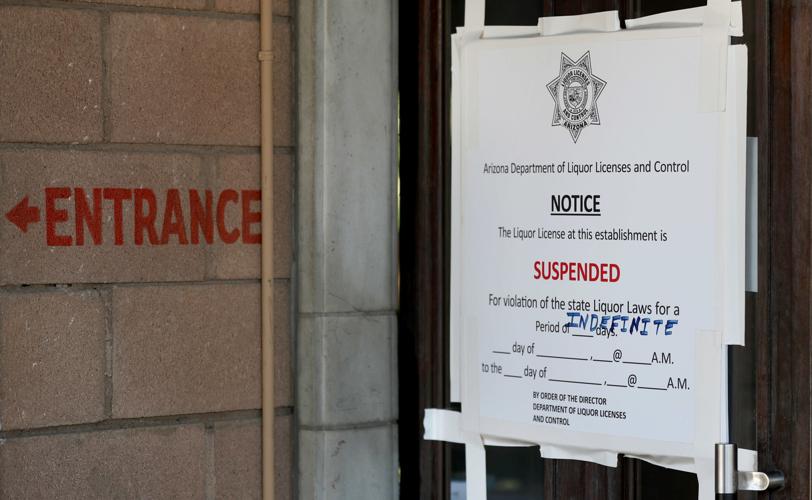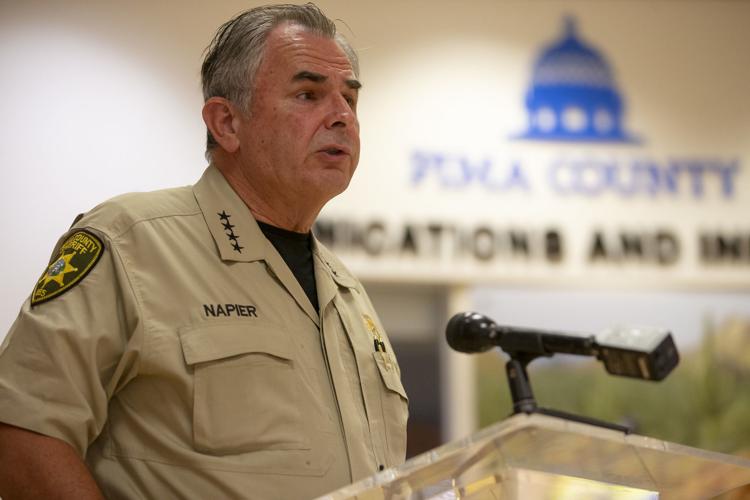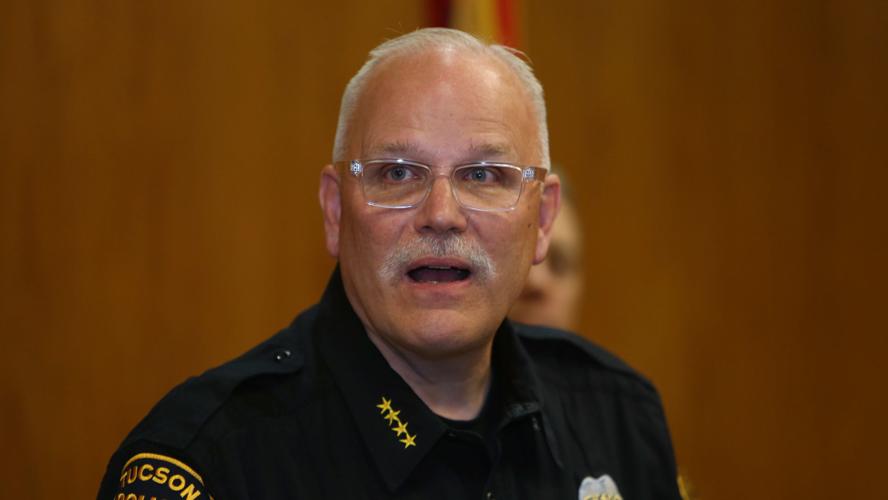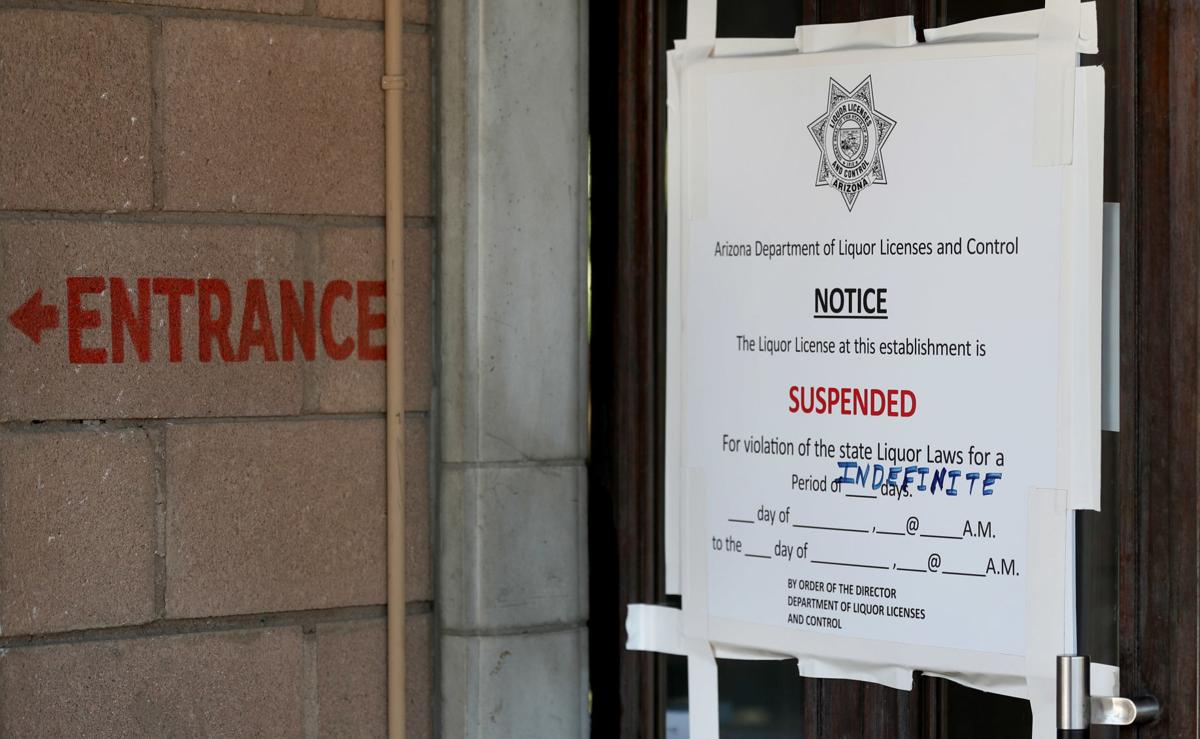For a month we’ve been pretty good about following state and local shutdown orders.
We’ve mostly stayed home, mostly avoided big gatherings, mostly kept a 6-foot distance from each other. Mostly.
But the atmosphere is gradually changing. Governments are laying out their criteria for lifting some of the orders. More and more people are out on the streets. There’s growing pressure to “reopen.”
That’s natural: We Americans aren’t known for our obedience to authority or our strict adherence to social norms. We’re individualistic.
Soon that individualism will be put to a test —to see if free individuals will be able to take responsibility for the collective good.
While government edicts have led our response to the coronavirus pandemic, our decision to follow them has largely been one of free will, not coercion by the threat of fines or arrest.
We’ve agreed to give up some of our freedom of assembly for a period to slow the spread of the virus.
In coming months, though, our success at containing the pandemic will come down to individuals acting responsibly on their own. That has me worried.
Let me take you on a little shopping trip to Home Depot to explain why. I was there on Sunday, because I needed to buy a list of different items and wasn’t sure which of a variety of fasteners and drill bits to buy without looking at them. I couldn’t make a pick-up order.
The store was monitoring the number of people allowed in, but there was no line, and inside people’s behavior was all over the map.
Many were wearing masks, many were not. Even some older employees in the vulnerable age group were not.
The store was relatively full — too full for my liking — and while some people gave each other a wide berth, trying to maintain a safe distance, others invaded personal space without regard.
One unmasked employee I asked for help came right up within about 3 feet of me to answer. I stepped back — and noticed she was wearing a button warning people to keep a social distance of 6 feet. These behavioral rules just don’t come naturally, even if we are trying to follow them.
In Arizona, authorities from Gov. Doug Ducey down have taken a pretty nonconfrontational approach to enforcing orders.
The Pima County Sheriff’s Department, for example, has only responded to a handful of calls about gatherings that were too big or restaurants that were serving in violation of orders, Sheriff Mark Napier said.
Deputies “try to gain compliance by saying, ‘Here are the rules,’ “ Napier said. “We don’t want to take enforcement action if we don’t have to.”
The same has held true in the city of Tucson, Police Chief Chris Magnus said.
“We’ve so far had good cooperation from people,” Magnus said. “We’ve done a few red tags, and by and large, at most of those events, people have cooperated and dispersed.”
But there have of course been exceptions — the most prominent of which was Chuy’s restaurant in Oro Valley.
As my colleague Cathalena Burch reported Thursday, the state liquor board has suspended the restaurant’s liquor license after what it said were repeated violations.
State liquor investigators said they repeatedly asked the owner, Christopher Evenson, to stop people from eating on the restaurant’s patio, but he didn’t.
Andy Morales, a Tucson teacher and reporter for AllSportsTucson.com, told me he went to that Chuy’s on April 9. People at three different outdoor tables were drinking beer, including a couple of tables with four or more people, he said.
“It felt creepy and wrong,” Morales said via Facebook.
But Evenson, who in 2014 was convicted of hiring illegal workers and interfering with the IRS, claimed he didn’t encourage customers to gather at his property — they were simply exercising their rights.
“That’s their choice,” he told Burch. “If you’re an adult, you are expressing your civil rights to be where you want to be. It would be different if we had a banner on the road enticing people to come in with 5-cent beers.”
The problem is, of course, that the quicker we slip back into normal behavior, the more likely we’ll begin spreading the virus fast again. And if that doesn’t have a big effect on the majority of people who get a mild case of COVID-19, it could start a deadly outbreak in vulnerable populations.
“Most people are thoughtful and can make good choices both for themselves and as it relates to other people,” Magnus said. “But, I don’t think everybody can. Unfortunately, when you have something like a pandemic, everybody is impacted by a minority of people’s bad choices.”
“I think the state has to give direction that makes it harder for the minority of people to do irresponsible or harmful things.”
Maybe so, but the state is not omnipresent, and it will be relinquishing some control in coming weeks and months.
Then it will be up to us to act the way Victor Borg says he is. Borg owns Stewart Boots in South Tucson and gained some fame last week when he appeared on a radio show in Phoenix to discuss the fact that his shop remained open in defiance of state closure orders. Making handmade boots is not considered an “essential business” under the governor’s order.
Borg, 82, has a couple of other employees. One stayed home for two weeks because he had been in contact with another person who had the virus, Borg said.
They wear face masks and keep any customers who come in at a safe physical distance, he said.
“I am not flying in the face of this coronavirus thing, because I think this is serious,” Borg told me. “I feel we are being responsible.”
“I believe if everybody takes the personal responsibility as you say, we can gradually return to normal without putting ourselves at risk,” he said.
Borg is largely right, I think, though we won’t truly return to normal for a long time. My worry is over his word “everybody.”
From what I’ve seen, a lot of people are primed to exercise their individual freedoms but not truly ready to exercise personal responsibility.










